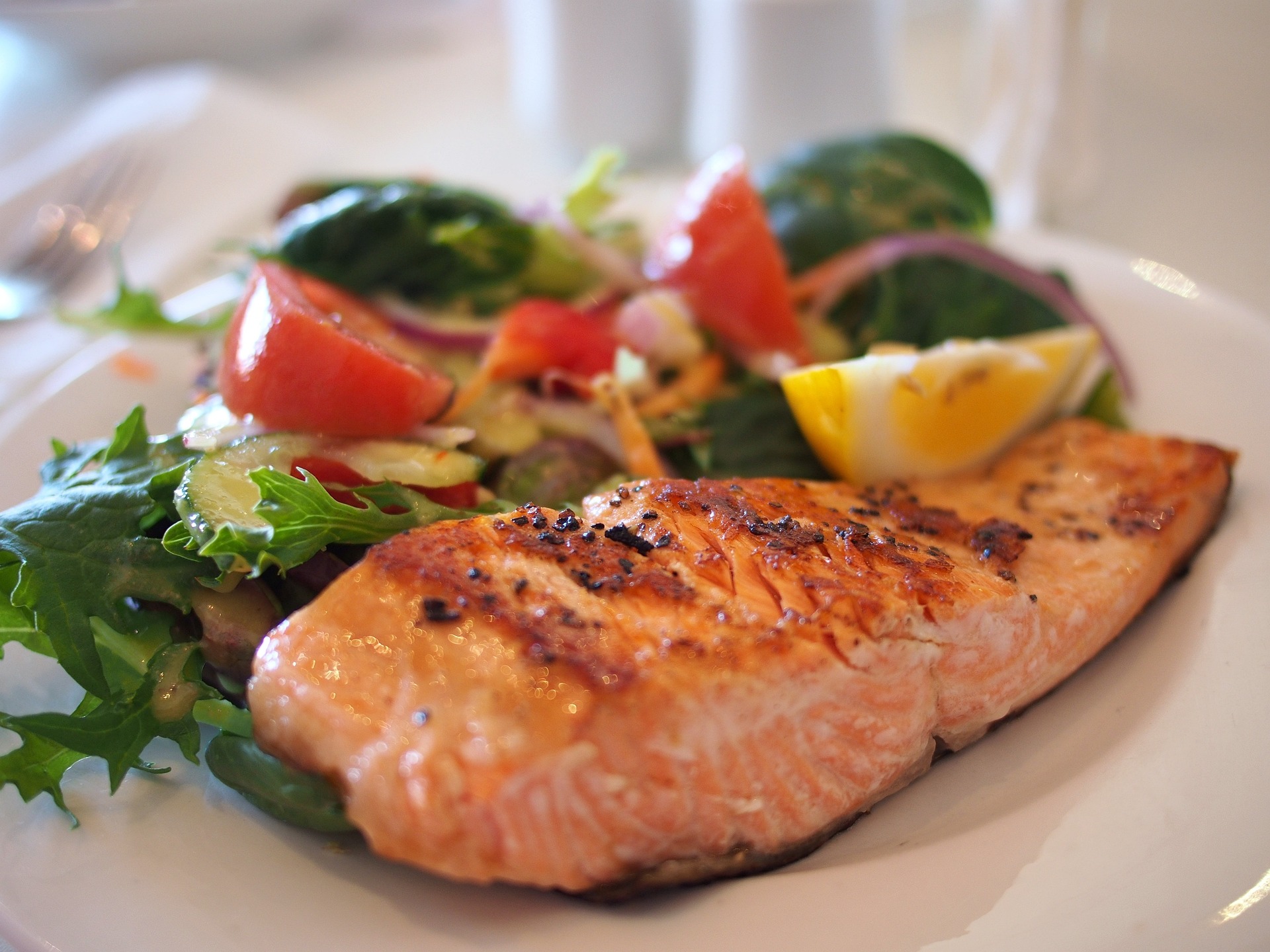Lower Your Cholesterol Naturally: Best Foods and Treatment Options
High cholesterol is a common health concern, but the good news is that managing it can be simpler than you might think. A combination of healthy eating, lifestyle changes, and appropriate treatment can significantly lower cholesterol levels and improve heart health. This guide explores the best foods to help lower cholesterol naturally and outlines effective treatment options.
Understanding Cholesterol and Its Impact
Cholesterol is a fatty substance found in your blood. While your body needs cholesterol to build healthy cells, high levels can increase the risk of heart disease. Excess cholesterol can lead to fatty deposits in blood vessels, restricting blood flow and potentially causing heart attacks or strokes. Recognizing and managing cholesterol early is key to preventing serious health issues.
Early Signs of High Cholesterol
High cholesterol often presents no obvious symptoms, earning it the nickname “silent killer.” However, certain signs could indicate elevated cholesterol levels, such as chest pain (angina), numbness in extremities, and frequent dizziness. Routine blood tests are the most reliable way to detect high cholesterol and start timely intervention.
Is High Cholesterol Linked to Lifestyle?
Yes, lifestyle choices significantly impact cholesterol levels. A diet rich in saturated fats, lack of physical activity, smoking, and excessive alcohol consumption can all contribute to high cholesterol. Genetics also play a role, but adopting a heart-healthy lifestyle can help manage and even lower cholesterol.
Best Foods to Help Lower Cholesterol Naturally
Certain foods are known for their cholesterol-lowering properties. Incorporating these into your diet can support heart health:
- Oats and Barley: High in soluble fiber, they help reduce LDL (“bad”) cholesterol.
- Fatty Fish: Omega-3 fatty acids in salmon, mackerel, and sardines lower triglycerides and improve heart health.
- Nuts: Almonds, walnuts, and pistachios contain healthy fats that can reduce LDL cholesterol.
- Legumes: Beans, lentils, and chickpeas are fiber-rich and help lower cholesterol.
- Fruits and Vegetables: Apples, grapes, citrus fruits, and leafy greens provide fiber and antioxidants that support heart health.
Cholesterol Treatment Options in the United States
For those needing additional support, several treatment options are available in the U.S. These include prescription medications like statins, lifestyle counseling, and dietary supplements such as plant sterols and soluble fiber products. Healthcare providers can tailor treatments to individual needs, ensuring effective cholesterol management.
Comparison of Popular Cholesterol-Lowering Supplements
| Product | Provider | Cost Estimation (Monthly) |
|---|---|---|
| Nature Made CholestOff | Nature Made | $20 - $25 |
| Metamucil Fiber Supplement | Procter & Gamble | $15 - $20 |
| Lipitor (Atorvastatin) | Pfizer | $10 - $50 (with insurance) |
| Red Yeast Rice Supplement | NOW Foods | $18 - $23 |
Practical Tips for Lowering Cholesterol
In addition to dietary changes and treatments, simple lifestyle adjustments can make a big difference:
- Exercise Regularly: Aim for at least 150 minutes of moderate aerobic activity weekly.
- Quit Smoking: Stopping smoking improves HDL (“good”) cholesterol and overall heart health.
- Limit Alcohol: Drinking in moderation can help maintain balanced cholesterol levels.
- Manage Stress: Chronic stress can negatively impact cholesterol; consider mindfulness or yoga.
Conclusion
Lowering cholesterol naturally involves a balanced diet, regular physical activity, and, when necessary, medical treatments. Incorporating heart-healthy foods and making informed lifestyle choices can significantly improve heart health and overall well-being.
Disclaimer: This article is for informational purposes only and should not be considered medical advice. Please consult a qualified healthcare professional for personalized guidance and treatment.
The shared information of this generated article is up-to-date as of the publishing date. For more up-to-date information, please conduct own research.





